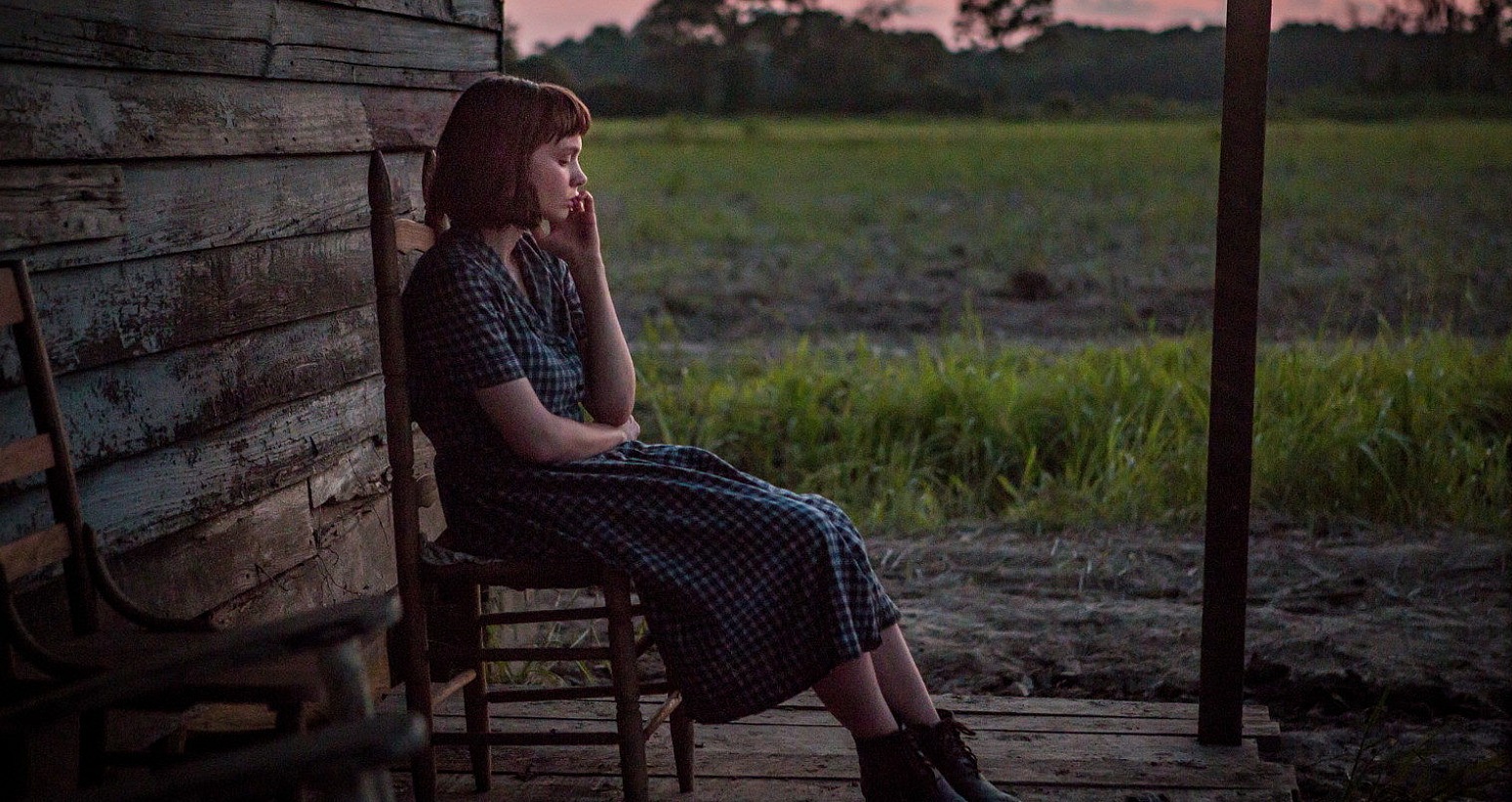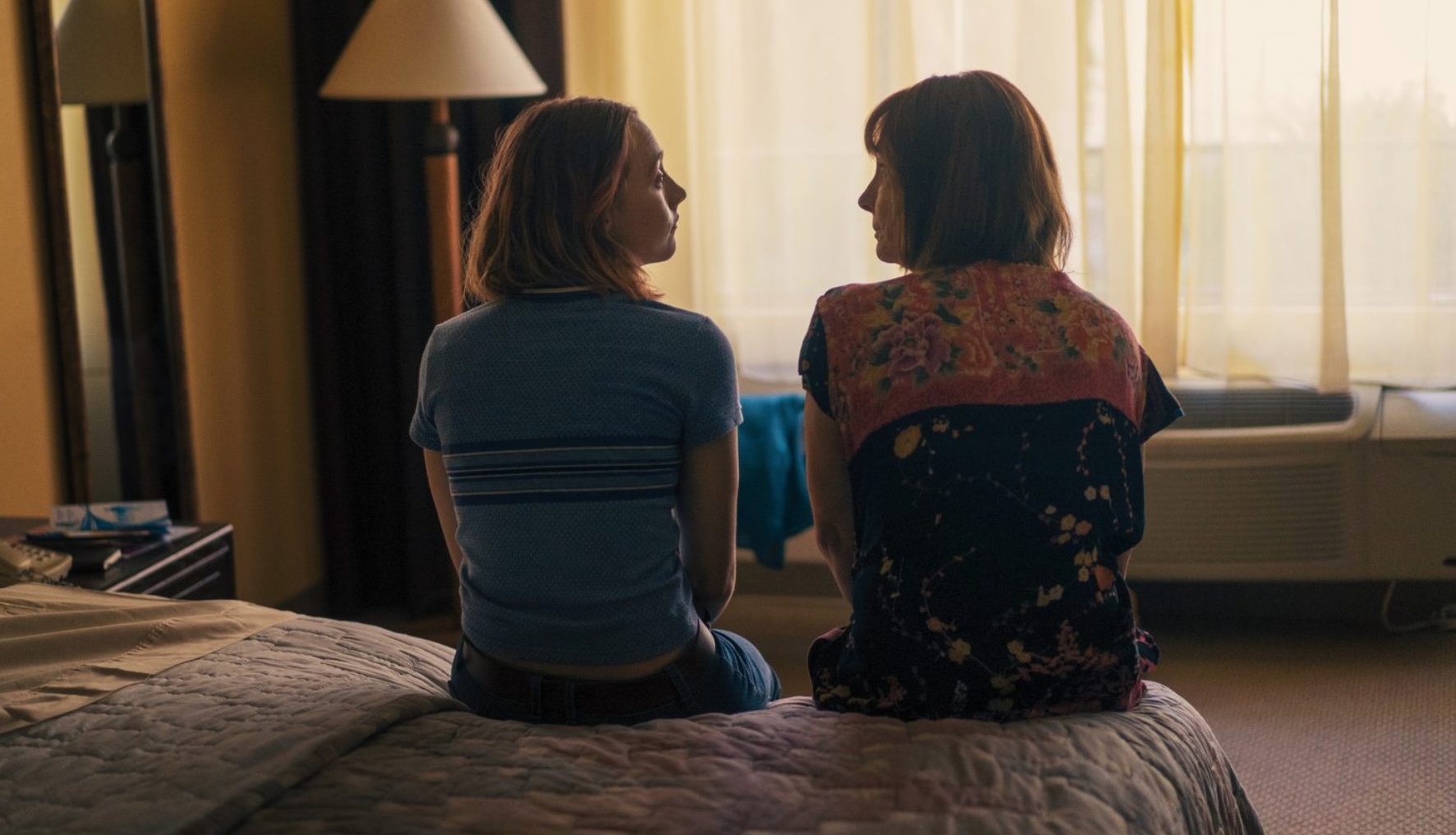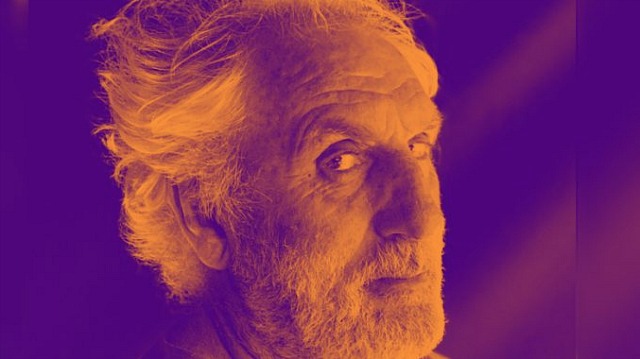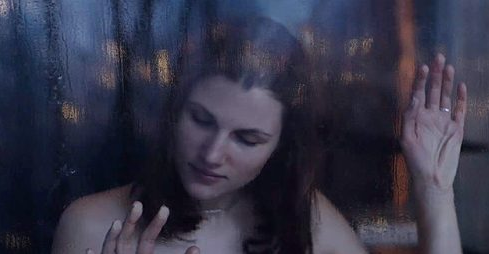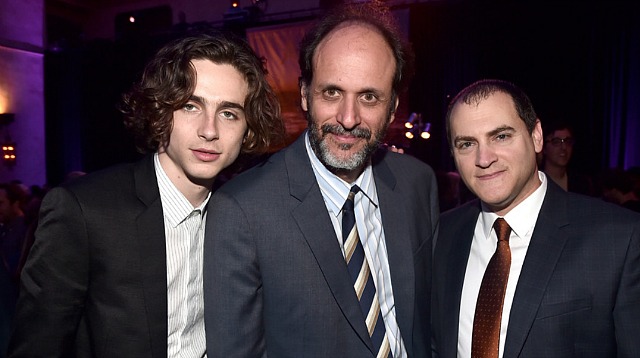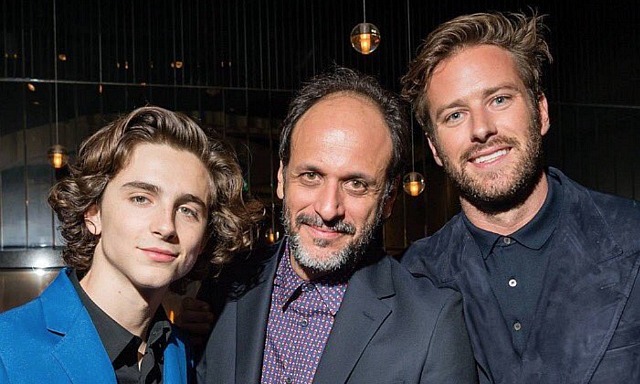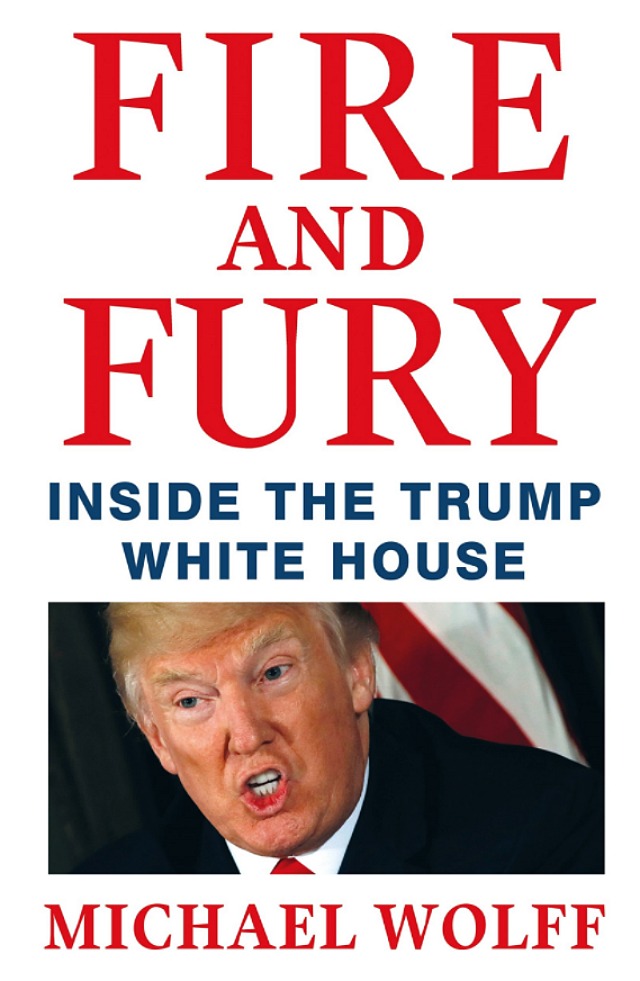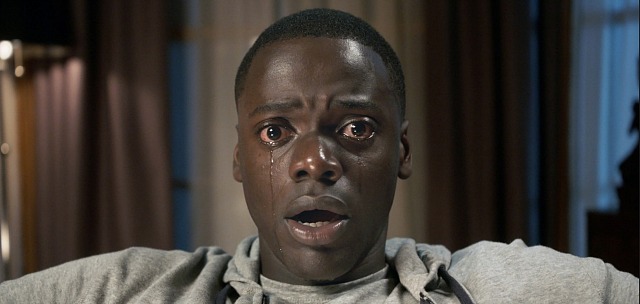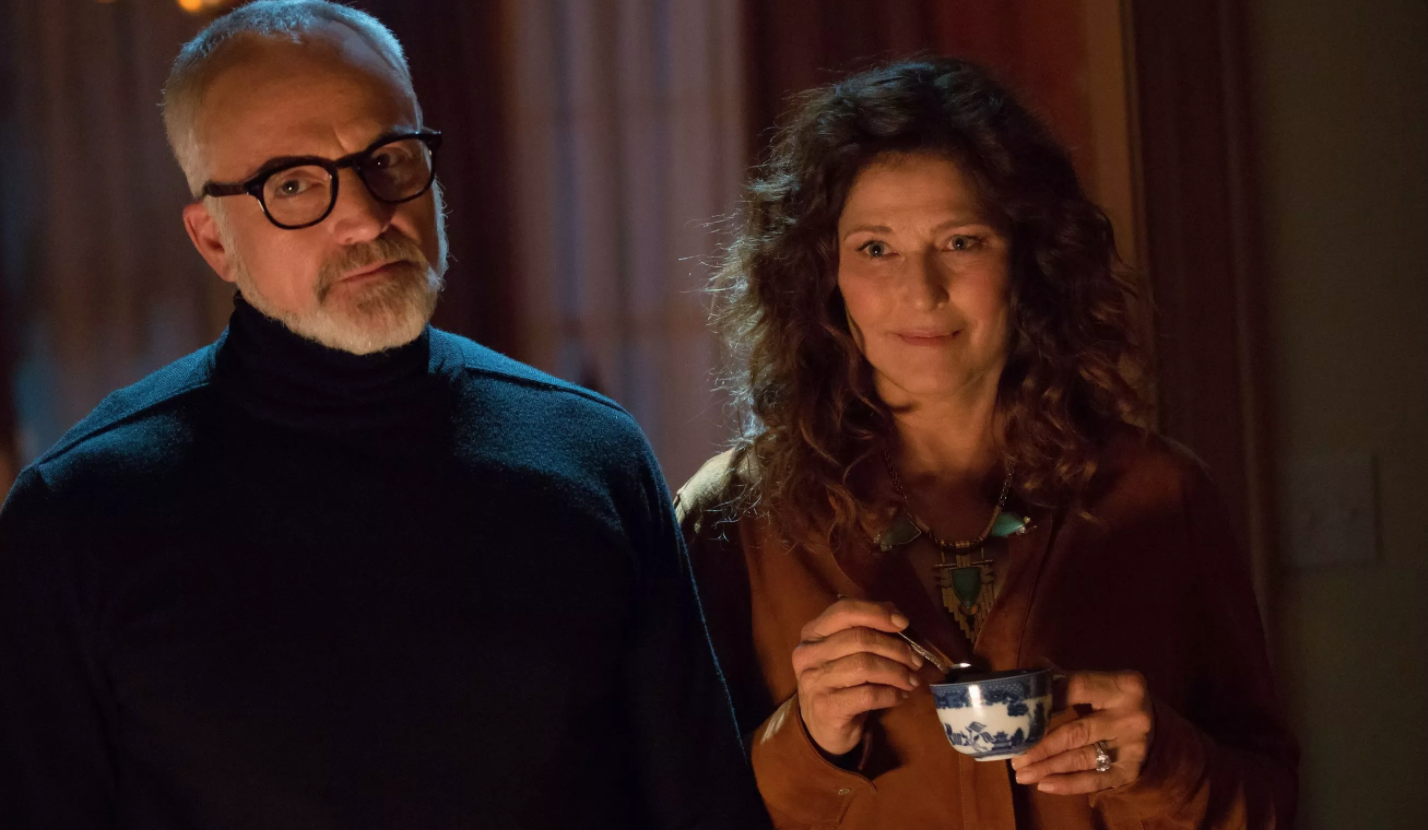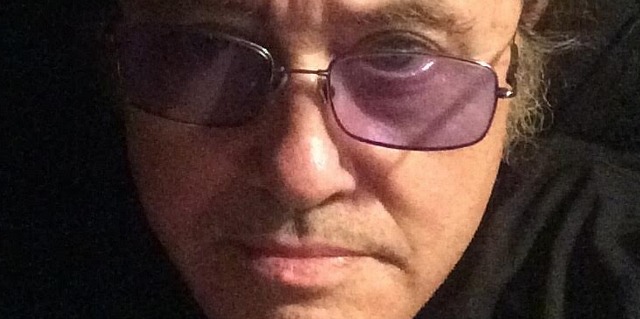In years past The Hollywood Reporter‘s Scott Feinberg and others have run articles that quote opinions from this or that anonymous Academy member about Oscar contenders. But they never run them until the nominations have been announced in late January. Hollywood Elsewhere feels it’s more worthwhile to run these opinions now, while the nomination ballots are still being mulled over.
This morning I spoke to a director-writer with several reputable credits. I’ve re-ordered the sequence of some quotes, pruned and condensed some of them, and in some cases run them verbatim.
Best Picture: “Definitely Dunkirk. I think Dunkirk was an exceptional job of directing. I thought it was an amazing picture, a David Lean-level thing, a throwback to another time. Big Picture filming. For years younger generations have been saying ‘yeah, we’re used to watching these things on iPads’ but Nolan is saying ‘no, no, you’re missing the point…these are movies for the big screen…you’re missing the point.’ And those people who’ve been saying that [Dunkirk] wasn’t emotional enough? If you didn’t feel the emotion during that last swooping shot of Tom Hardy‘s plane out of gas and gliding over the beach…if you didn’t feel the emotion in that shot…c’mon.
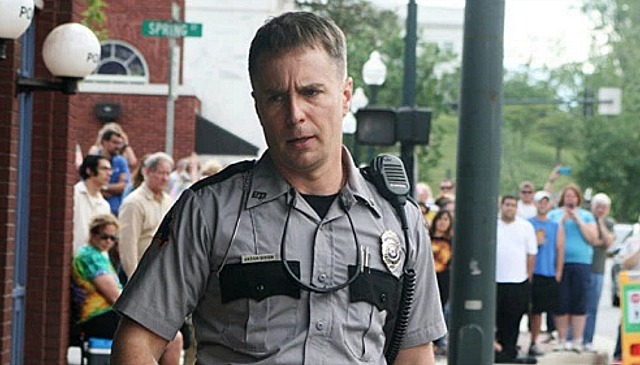
Sam Rockwell, Best Supporting Actor contender in
Three Billboards outside Ebbing, Missouri.
“I totally agree with you about Get Out. It’s a good movie, but it’s not a fucking great movie, c’mon! I wouldn’t be mad if it won a Best Screenplay Oscar, but it’s not a Best Picture! I have a daughter in the business [and] she loves it, thinks it’s a Best Picture [contender]. But if Get Out or The Post, which I don’t think is a very brave film…if these two win the big awards [the Academy] is going to be hurting itself because it’ll be all about politics. They’re going to devalue the Oscars [by turning awards-giving into] temporary, transitional political statements. They’re going to hurt themselves if the award choices are too political. They want to address #OscarsoWhite….okay, we get it, we get it.
“Dunkirk, Lady Bird, Shape of Water, The Big Sick. Or Phantom Thread or Call Me By Your Name. These are real movies. They are about themselves, planting their own flag. The political thing might be a factor with Call Me By Your Name. Some are reacting to #OscarsSoStraight…it’s an agenda film. I think a lot of people would vote for it, for that reason.”
Best Director: “Again, Nolan. I have a lot of respect for [Get Out]’s Jordan Peele…he’s just not my idea of a Best Director nominee.. I also thought that Guillermo del Toro‘s work on The Shape of Water…it was like watching an old cobbler work…he purposely kept the creature work to a minimum….it made me feel like I was watching the story of the projectionist in Cinema Paradiso or, you know, the filmmaking in Amelie….it was like when I was a kid, falling in love with filmmaking.”
Best Actor: “I loved Gary Oldman in Darkest Hour. Oldman without a doubt. I thought he was just great, just great. Despite that London tube sequence when Churchill talks with the passengers, which I thought was one of the worst things…it totally ruined the movie for me. I couldn’t believe how badly that was done. Some say Oldman is ‘playing’ Churchill rather than channelling him. Well, how do you portray Churchill and not do that? I also really like the kid from Call My By Your Name. He reminds me of Saoirse Ronan in terms of ability and vulnerability.”
Read more

